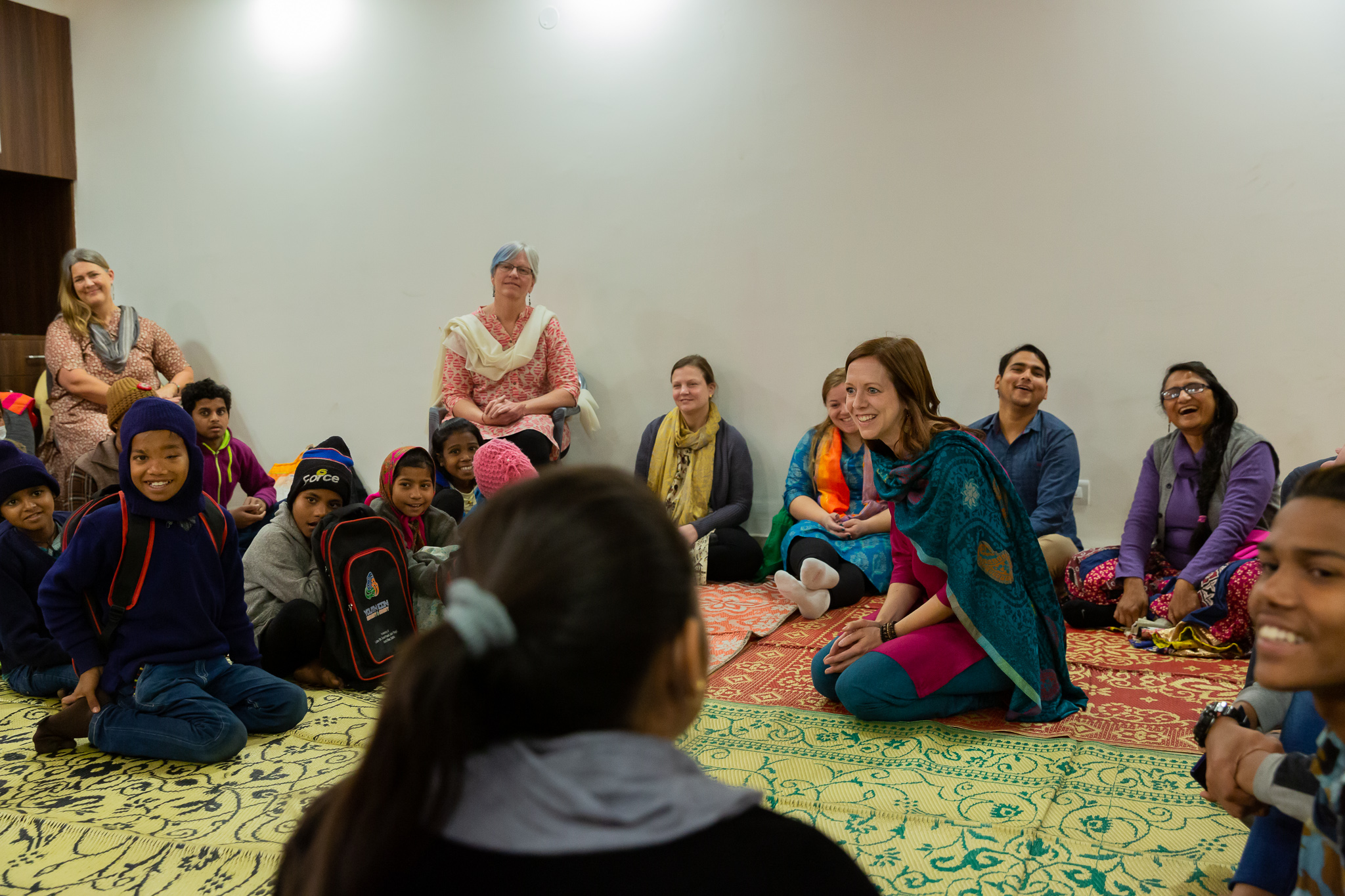Since the moment my parents brought home my baby brother from the hospital when I was nine years old, I knew I wanted to be a mother. Then, at 19, I learned I carried the BRCA gene mutation and with it, an 85% chance of developing breast cancer. Needless to say, my biological clock went into overdrive.
Throughout my twenties, I grappled with what this meant for me and what, if anything, I should do. My medical team encouraged me to prophylactically have my breasts and ovaries removed to reduce my chances of cancer, but I didn’t want to give up on my dream of motherhood. I also struggled with how to share my risk factors at the beginning of each new romantic relationship. I wanted to be candid but didn’t want to share the information too soon for fear of ending something before it had begun. So, while I focused on building my career, I also did everything in my power to secure marriage and motherhood before cancer caught up with me. By age 30, I had become a successful headhunter in the technology industry, but I had not done as well on the family front. I found myself single and instead of doctor’s appointments to look at a beautiful new life growing in my belly, I had cold jelly and an ultrasound wand applied to my breast.
In the fall of 2009, a diagnosis of aggressive breast cancer led to chemotherapy and several surgeries, including a mastectomy and reconstruction of both breasts. A year later, I had overcome the physical aspects of aggressive breast cancer, but the emotional aftermath had left me in a dark place. I grappled with the often-overlooked emotional challenges of re-entering “normal” life: feelings of isolation, depression, survivor guilt, and anger. I wanted to feel useful and empowered again and needed something other than cancer to be the most recent story in my life.
I had recently started an online community and a blog, A Fresh Chapter (AFC), and was making connections with people from all walks of life who also found themselves struggling with how to heal from cancer. In my search for inspiration and a path that might help others, I signed up for a volunteer trip to Africa that ultimately changed my life. Through the meaningful connections I made, I saw that struggle is universal and so is resilience. Upon my return, I knew I couldn’t go back to my old life and made an abrupt career change. I gave up my six-figure salary and took a leap of faith to turn AFC into a nonprofit organization to help other people impacted by cancer reclaim their lives while serving others.
AFC blends volunteerism, perspective-shifting travel experiences, and leadership development activities to connect cancer patients and caregivers around the globe and focus on healing the emotional scars left by cancer–a form of cancer care I found is not often available or prioritized.
I can now see that if my life had turned out the way I planned, I would not have had the capacity to grow AFC to the place it is now, with nearly 300 alumni, programs in five countries, and a vision of empowering one million people impacted by cancer to become advocates for change in the world by 2025.
I’ve become a mother in a non-traditional sense to our AFC “tribe”—the word we use to describe our community of program participants/alumni. Although this isn’t how I pictured motherhood, I am still deeply grateful for the moments of connection I experience. Moments like when one of our Kenyan participants recently enveloped me in a hug and thanked me for opening the world to her and challenging her to grow.
She said, “You have been a mother to me. You have invited me to step out of my comfort zone and believed in me. You are ‘Min Wa Pendo,’ which translates to Mama Love.”
I could not hold back the tears or adequately convey what her words meant to me.
Even with all of the inspiring moments and opportunities over the last few years, I admit, I continue to face losses because of my genetics and history of cancer. In December of 2016, after much coaxing from the medical community to reduce my risk of ovarian cancer, I made the choice to have a prophylactic oophorectomy. Now, I am weighing the decision to schedule the final surgery to remove my ovaries and put myself immediately into premature menopause.
It’s not simple to make this decision or to grapple with the finality it brings. But, I am learning to allow both dark and light into my life simultaneously. To give myself permission to grieve the loss of the dream I had for my life, while also feeling incredibly grateful for the new dreams I have created.
Although I will likely never know how it feels to hold a child I brought into the world, I can know love and family in a different, but still beautiful context. Through AFC, I have the privilege of creating a deep sense of belonging for others, and in the process, I have found where I belong.


